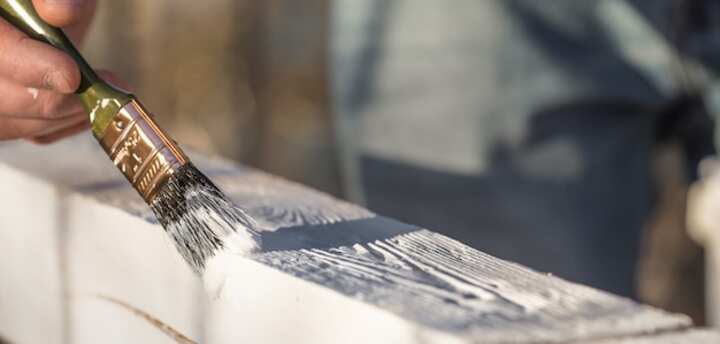
Top Choices for Home Siding Insulation Best Options for Exterior Walls
Choosing the right siding insulation for your home's exterior walls is a critical decision that impacts energy efficiency, comfort, and overall aesthetics. With various materials available, each offering unique benefits, it's essential to assess your specific needs and preferences. In this article, we'll explore the top choices for home siding insulation, providing insights into their advantages and potential drawbacks to help you make an informed decision.
Types of Siding Insulation
Foam Board Insulation
Foam board insulation is a popular choice due to its excellent thermal resistance and versatility. This type of insulation is typically made from polystyrene, polyisocyanurate, or polyurethane, each offering different benefits.
- Polystyrene: Known for its durability and moisture resistance, polystyrene is ideal for areas prone to dampness.
- Polyisocyanurate: Offers high thermal resistance, making it suitable for colder climates.
- Polyurethane: Provides superior insulation with a thinner profile, allowing for more design flexibility.
Read more about this topic by following this link.
Blanket Insulation
Blanket insulation, often comprised of fiberglass or mineral wool, is another commonly used option for exterior walls. It is available in rolls or batts and is known for its affordability and ease of installation.
- Fiberglass: Offers good thermal performance and is non-combustible, making it a safe choice for homes.
- Mineral Wool: Provides excellent fire resistance and soundproofing qualities.
Learn more in this detailed guide by visiting this page.
Reflective or Radiant Barrier Insulation
This type of insulation is particularly effective in warmer climates. Reflective insulation works by reflecting heat away from the home, thus reducing cooling costs during hot months.
- Aluminum Foil: Commonly used in radiant barriers, it is lightweight and easy to install.
- Polyethylene Bubbles: Often combined with aluminum foil to enhance insulation properties.
Explore further insights here by checking out this link.
Factors to Consider When Choosing Siding Insulation
Climate
The local climate plays a crucial role in determining the most suitable siding insulation. Homes in colder regions benefit from higher R-value insulation, while those in warmer areas may prioritize reflective barriers.
Find additional information here by visiting this page.
Budget
The cost of materials and installation can vary significantly. While some insulation types may have a higher initial cost, they could offer savings in energy bills over time.
Environmental Impact
Consider choosing insulation materials that are environmentally friendly. Materials like mineral wool and certain types of foam board are often made from recycled content and have lower environmental impacts.
Conclusion
When selecting siding insulation for your home, it's essential to weigh the pros and cons of each option against your specific needs, climate conditions, and budget constraints. By understanding the different types of insulation, such as foam board, blanket insulation, and reflective barriers, you can make an informed decision that enhances your home's energy efficiency and comfort. To delve deeper into the nuances of siding insulation, learn more here.